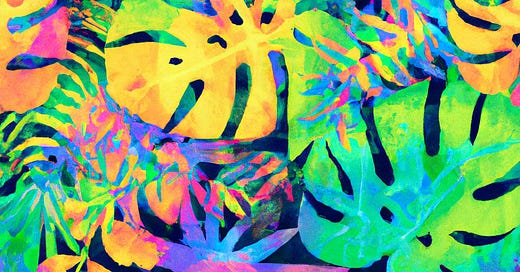Ikigai is a Lie | Part 2: A Better Career Starts With Better Assumptions
Update + Bringing purpose back down to earth
Welcome back!
I just know you were on the edge of your seat waiting for Part 2 of this essay, refreshing your inbox hourly and wondering if I was still alive! My apologies for the delay.
I was just a bit distracted. First, our voyage from Japan to Thailand had some hiccups, then there were all the Thai massages to catch up on and fresh smoothies to drink…
Keep reading with a 7-day free trial
Subscribe to jen dyck-sprout to keep reading this post and get 7 days of free access to the full post archives.


